Cameron Diaz recently returned to her roots as we’ve seen her back in action in her first movie role in 10 years. Ironically, the movie is titled ‘Back In Action’, which co-stars Jamie Foxx and Glenn Close. The last movie she starred in was a remake of ‘Annie’, which also co-starred Jamie Foxx. They also co-starred together in ‘Any Given Sunday’. When speaking of her 10-year break, Diaz said, ‘I had 10 years of not paying attention to anything; not accepting any advances, and then I got this script and thought that maybe it was time. If I was going to leave my family for 10 hours a day I wanted to do it with the most talented man in the entertainment business. It is a privilege to make films, and we are all so lucky to do what we do. That the door was even open for me after a decade was amazing. I loved those 10 years for me and my family, but I thought, “If I let this go away, if I don’t engage again, and if I don’t give it chance, I am a fool.” It might be the beginning of something, but its here now and I am grateful for it.’
In those 10 years that she’s been away, Diaz prioritized her personal life. She married Benji Madden in 2015, and had two children via surrogate, just like Michelle Buteau, the main subject matter of my previous post, did. Unlike Diaz, though, Buteau didn’t slow her career down after having her children. In fact, I think she started working even more after having her kids. Diaz, on the other hand, took the Eva Mendes approach. Mendes quit acting and hasn’t been seen in a movie since 2014. She’s been focusing on her family instead – her husband Ryan Gosling and her own two kids. In a previous interview with UK Times, the former actress disclaimed, ‘I was never in love with acting. I don’t mean this in a self-deprecating way, but I wasn’t a great actress. I had my moments when I worked with really great people.’ She also claimed that her ethnicity didn’t provide her with much to work with when it came down to the opportunities she was given as an actress, which was another reason why she quit acting. Her final role was 2014’s ‘Lost River’, Gosling’s directorial debut.
But Mendes never stopped working in those 10 years despite retiring from acting. She’s been focusing on her love and devotion for beauty and fashion, and she’s even written a children’s book. In 2021, she semi-unretired when she made a voice-acting appearance on ‘Bluey’. Diaz, did exactly the same thing. Stepping away from Hollywood was a choice that she made for herself to reclaim her own life. And just like Mendes, she never stopped working despite stepping away from Hollywood. During her ‘time off’, co-founded her own wine company, Avalin, with her friend, Katherine Power. She’s also written two books, 2013’s ‘The Body Book’ and 2016’s ‘The Longevity Book’. Diaz has credited Foxx for encouraging her to return to acting. She said in a recent interview, ‘How do you say no to Jamie Foxx? If there’s anyone I’m going to go back and spend months on end, on set, having a ball, laughing with, it would be Jamie.’
Diaz isn’t slowing down any time soon. She’s set to star in the Jonah Hill directed movie, ‘Outcome’, is set to return to her role as Princess Fiona in ‘Shrek 5’, and has even shown an interest to star in a potential ‘The Mask’ sequel with Jim Carrey, who’s also shown interest. And the best part of it all – she had her husband’s full support, as he told her, ‘It’s time for us to support you and let mommy ascend and do her thing.’ And he celebrated her movie comeback on Instagram in a January 16 post, just before ‘Back In Action’ came out on Netflix. He wrote, ‘This is my QUEEN. I celebrate this BAD ASS WOMAN. Wife, Mommy, friend, partner, Boss, and lover. We just hit 10 YEARS married on January 5th and every year only gets more fulfilling. It’s special. Never perfect—always real—always reliable. Every day getting to have my best friend with me ride or die. What a beautiful life. I am GRATEFUL!!! and ANOTHER MiLESTONE happening TOMORROW!!! We are SO happy to see you….BACK IN ACTION!!….Congrats baby!’
I can’t stress enough just how important it is for a woman to have the full support of her husband in her career path. That’s not to say that Ryan Gosling doesn’t support his wife’s career. It was HER decision to quit acting. He supports her other endeavours, as does she support him. But we’re here specifically talking about Cameron Diaz, her return to acting, and her husband supporting her. A man supportive his wife’s career could be brought back to the topic of toxic masculinity, in a sense. A supportive husband is crucial for a woman’s career path as it provides emotional encouragement, helps manage household responsibilities, allowing her to focus on her professional goals, and can significantly contribute to her overall career satisfaction and success, especially when facing challenges or demanding work situations. The key points of a supportive husband’s role in a woman’s career are:
- Emotional Support: A husband who actively listens, celebrates achievements, and offers encouragement during tough times can boost confidence and motivation to pursue career advancement.
- Shared Responsibility: When a husband actively participates in household chores and childcare, it alleviates stress and allows his partner to focus more energy on her career.
- Career Planning: A supportive husband can actively discuss career goals with his wife, helping her strategize and make informed decisions about career moves.
- Positive Influence: A husband’s positive attitude towards his wife’s career ambitions can inspire her to strive for greater professional achievements.
- Flexibility and Adaptability: A husband willing to adjust schedules or relocate to support his wife’s career opportunities can be vital for career progression.
When she reunited with her ‘Charlie’s Angels’ co-stars, including Demi Moore, who starred in the 2003 sequel, Diaz spoke of Moore’s new coming recognition she’d never seen before. She said, ‘All women, we are conditioned to be objectified. Period. Whether we are movie stars or not, it’s just every woman. Obviously it’s more extreme in our circumstances because we’re projected onto a screen and literally objectified. We’ve had dolls made out of us. It’s just so innate. It’s so ingrained in us. We bow down to that. We serve that objectification. We try to meet its request in so many ways. In watching you give this performance, you don’t have to ask anybody’s permission. It’s as if there was a constitution written in the film industry that laid out what the film industry was, and everybody has been abiding by it for the last however many decades. Y’all went in and just shredded it to pieces and said, I do not agree with this constitution. We are rewriting this. And not only that, but we’re going to in the most audacious, violent, crazy way that you could possibly do it.’
‘Back In Action’ was a global hit when it first came out – despite its 27% rating. I was one of the Netflix subscribers who contributed to the movie’s success. I didn’t expect much from it. I only wanted to see Cameron Diaz back in action. I’ve been a fan of hers literally from the moment I became interested in movies and TV. I couldn’t get enough of ‘There’s Something About Mary’, ‘My Best Friend’s Wedding’, ‘The Holiday’, and even ‘The Sweetest Thing’, which honestly trash, but I couldn’t help but hate-watch it. There was nothing original about ‘Back In Action’. The plot was very much predictable from beginning to end. But it didn’t matter much, because the movie was fun and light-hearted, charming, and I’d even say, family-oriented. The film has racked up an impressive 88.9 million hours viewed and 46.8 million views in total, the most views in a premiere weekend for a movie since 2022’s ‘The Adam Project’, which starred The Rock.
My previous blog entry heavily discussed toxic masculinity. Here, I’d like to elaborate more on toxic masculinity and compare it toxic femininity, as it relates to women like Cameron Diaz, Eva Mendes, and yes, Demi Moore. By its definition, toxic femininity is a term that describes a set of behaviors, beliefs, and traits that are considered to be harmful and oppressive. It’s a product of patriarchal gender norms and can have negative effects on women and society. Characteristics include:
- Internalized misogyny: Women restrict themselves to stereotypically feminine behaviors to appeal to men
- Rigid gender expectations: Women are expected to be cooperative, passive, and submissive
- Shame and exclusion: Women are discouraged from expressing their emotions and are excluded from diverse experiences
- Denial of needs: Women ignore their own needs to prioritize the needs of others
- Submissive behavior: Women avoid confrontation with men and don’t challenge their behavior
- Appearance-based: Women are pressured to meet society’s beauty standards
Let’s make one thing clear: Women lIke Cameron Diaz do not need to ever be told what to do. And yet, women like Cameron Diaz are still expected to be a certain way; not by their men or those close to them, but society. That’s not to say that men have it easy, because they don’t. Society is much harder on women than it is on men. Toxic masculinity states that men should act tough, show little to absolutely no emotions, and reject anything considered feminine, whereas toxic femininity pressures women to be quiet, nurturing, submissive, and attractive. In a sense, men are part of the problem. More particularly, men of power and influence are part of the problem.
My previous post heavily discussed how toxic masculinity affected how society views people of minority. Donald Trump and Dave Chappelle were used as examples. I’d like to continue the conversation regarding Trump. At the final weeks of his 2016 campaign, he famously said, ‘When you’re a star, you can grab ’em by the pussy, you can do anything.’ Weeks later, he was accused of sexual assault by more than a dozen women. He was elected to be President anyway. In 2020, following his loss to Joe Biden in his re-election bid, Trump said, ‘You can either go down in history as a patriot … or you can go down in history as a pussy.’ A lot has happened in the years since. He was even convicted of a crime, and he was STILL elected President.
We also can’t forget about Harvey Weinstein when we speak of toxic masculinity. He was the cause behind the #MeToo social media movement in 2017 following the sexual abuse allegations against him that led him to spend the rest of his life in jail. It all started with Alyssa Milano when she tweeted, ‘If all the women who have been sexually harassed or assaulted wrote ‘Me too’ as a status, we might give people a sense of the magnitude of the problem.’ It was an idea she got from a friend. Following the tweet, a number of high-profile female celebrities such as Gwyneth Paltrow, Ashley Judd, Jennifer Lawrence, and Uma Thurman came forward with their horror stories. Then, millions of women across the world started using the hashtag to express their experiences with sexual assault. Those millions included myself.
Cameron Diaz was a victim herself of the #MeToo movement at the beginning of her career. It was at the 1995 MTV Movie Awards. She was presenting the award for Best Kiss with Chris Isaak. As the two presented Isaak leaned in for an unwanted kiss. And he wouldn’t stop until Diaz eventually caved in. The audience members laughed as they assumed the bit was scripted, but not Jim Carrey, who won the award. He knew something was off. And so, when he came on stage, he embraced Isaak…in the same way Isaak did Diaz – with a passionate kiss. Isaak, in turn, could clearly be seen wiping his mouth, having ended up getting a big fat smooch from the A-lister star.
At the time, Diaz just started her career as an actress at the time. ‘The Mask’, released in 1994, was her first-ever movie. Carrey, on the other hand, was already an established actor, having 2 other blockbuster movies, Ace ‘Ventura: Pet Detective’, and ‘Dumb and Dumber’ released within the space of a few months that year. Of course, Carrey was a man of influence and power, and was Isaak. He’s a musician and a longtime David Lynch collaborator. And yet, there was a drastic difference in how the actor and musician used their star-power. Issak used it to assault a vulnerable woman who was just at the peak of her career and used words like ‘on the director’s say-so’ when he tried to kiss her, and ‘I knew you’d come around’ when she gave in while she looked every bit as uncomfortable as the situation would suggest. It’s a true testament to what kind of man Jim Carrey is. It’s no wonder he reacted the way that he did to Will Smith slapping Chris Rock when Rock made a joke about Jada Pinkett Smith’s baldness during his Oscar duties in 2022. That slap had Smith banned from the Oscars for 10 years. And nevertheless, he still won an Oscar later that night and was applauded for his recognition. He was even given a standing ovation as he went up on stage to accept his award.
There’s much to be said about these incidents, if you could even call it that. Men like Donald Trump, Harvey Weinstein, Dave Chappelle, Chris Isaak, and Will Smith might’ve come from influence and power. But, in actuality, they’re weak men. They’re afraid of showing their weaknesses, and therefore, bring others down with them. I had this happen to me myself in my own life by men who’d been affected by toxic masculinity. The ‘why’ behind toxic masculinity could be:
- Socialization: Young men are often taught from a young age to “man up” and suppress emotions like sadness or fear, leading to a belief that showing vulnerability is weak.
- Media portrayal: Popular culture often depicts masculinity as hyper-aggressive and dominant, reinforcing these harmful stereotypes.
- Peer pressure: Young men may feel pressure to conform to these masculine norms to fit in with their peers.
- Family dynamics: Fathers and other male figures can unintentionally perpetuate toxic masculinity by modeling these behaviors or explicitly teaching boys to be “tough”.
This toxic masculinity can result in domestic violence and sexual assault. We saw this made public in the cases of Will Smith, Donald Trump, Chris Isaak, and especially Harvey Weinstein. Toxic masculinity can be harmful to women, men, and as we described in the previous blog entry, minority groups, such as members of is the LGBTQ community, people with disabilities, Black people, Asian people, Jewish people, etc. These men use their power and influence to create a diversion and, as a defence mechanism, bring down others, particularly those they find to be of vulnerability.
And the vulnerable- in this case, women – are just expected to take it. Just like Cameron Diaz did when Chris Isaak forcefully kissed her at the MTV Movie Awards back in 1995. That’s where toxic femininity comes into play. In a nutshell, the term ‘toxic femininity’ describes the potentially negative impact of society’s standards for women, and is based on the following stereotypically “feminine” traits:
- passiveness, selflessness, and nurturance
- compliance, submissiveness, or docility
- cooperation
- sensitivity
- politeness
- empathy and compassion
- home and family-oriented values
It’s important to note that there’s absolutely nothing wrong for a woman to have those traits. These traits are only toxic if you, as a woman, feel forced to express those traits or you exaggerate them while suppressing your own needs. I fell victim to this myself, and it was none other than my own husband who forced me into thinking and making me believe that I was unworthy of a better treatment. That’s not to say that he’s a terrible person or that he was even doing it on purpose. He was merely unaware that he was doing it in the first place, and that’s because he himself fell victim to toxic masculinity.
My husband is probably the kindest man anyone will ever meet. He’d back over backwards for anyone he cares about; even for those that don’t care about him. That, I’d say, is his biggest flaw. Throughout our relationship, I’ve seen him being taken advantage of, disrespected, manipulated and bullied by the people he’d call friends. He was in denial of all that was happening around him. He loves hard and has seen the good in people rather than the bad. With that said, he pushed me to tolerate numerous mistreatments of his friends that could be described as abusive, as well as my friends too that in a world where I didn’t have him to influence me, I’d cut out of my life instantly. This affected our relationship, my health, my entire personality, my perceptions of myself and my worth, and my entire being and existence – for many, many years. It wasn’t until I took a stance and became fully in control of my own life and said to him, ‘Enough is enough,’ that things finally changed.
My husband encouraging me to surround myself with such toxicity caused me a lot of emotional distress and anxiety, loss of identity, and a feeling of powerlessness. I felt lost. I became a woman I didn’t recognize anymore. I had no control of my own life, and I became almost too scared to speak up. For a woman, toxic femininity impacts her life in the following ways:
- Mental health issues: Anxiety, depression, eating disorders, and obsessive thoughts about appearance due to the constant pressure to meet unrealistic beauty standards.
- Low self-worth: Feeling inadequate or not “feminine enough” if one doesn’t conform to societal expectations, leading to self-doubt and insecurity.
- Relationship difficulties: Difficulty setting boundaries, people-pleasing behavior, and a tendency to prioritize others’ needs over one’s own, potentially leading to unhealthy relationships.
- Internalized misogyny: Holding negative beliefs about other women based on societal standards, contributing to a “pitting women against each other” mentality.
- Career limitations: Avoiding taking risks or asserting oneself professionally due to the fear of appearing “unfeminine” or aggressive.
- Body image issues: Excessive focus on appearance, leading to body dysmorphia and unhealthy eating habits.
- Emotional suppression: Difficulty expressing genuine emotions, leading to bottled-up feelings and potential for emotional outbursts.
These are all the things that I experienced in my own personal journey. As much as I tried to in the past, I can’t fully blame my husband and his own lack of self-esteem. He was going through his own issues and struggles at the time too. It was actually just recently that he apologized for that portion of his wrongdoings in our relationship, and I truly appreciated that apology. It meant the world to me.
Him admitting his faults and finally apologizing for them was a pivotal moment for me, because that was the exact moment where I could finally move past that part of my past and move on to the future. I have no regrets on my life as I believe anything that ever happens to you is a lesson take away, and this particular experience was one of them. It taught me a valuable lesson; maybe even two. It taught me that as much as the person closest to you wants the best for you, what they think is best for you isn’t actually the case, and as a woman, you shouldn’t give in to what the other person wants for you, especially if you know that it’s not what you want. It also taught me a valuable lesson on female friendships.
As much as I want to say that female friendships are of importance, they’re not. They’re certainly valuable, but it’s okay if you don’t have them. And if you find that a female friend was once good to you and now she’s not, it’s okay for you to let go and end the friendship. I can honestly and wholeheartedly say that I’ve only had 2 true female friends. The rest were there because my husband kept saying I should give them chance after chance after chance, or they weren’t close friends, but rather acquaintances. The two friends were amazing. These two friends of mine couldn’t be anymore more different from one another. And yet, they were very special to me in their own individual ways. I was friends with them for years. Over time, however, their presence in my life became toxic. From the moment I realized it to the moment I actually cut them out was a long haul. Nothing ever stays the same. People change. Priorities change. Lives change. And with all that being said, it’s okay to sometimes let go.
The rest of my female friendships, I’d say, were based off of toxicity, narcissism, control, and convenience. Somehow, though, they lasted years and years. I continued being friends with them even though I knew they weren’t good for me because my husband told me I should continue giving them chance after chance after chance. He said there was always good in the bad. I didn’t believe it to be true, but I was too tired to fight, so I went along with it. And yet, these friendships taught me a valuable lesson on toxic femininity, and how it could even be seen through people who continually say they have the best intentions for you. What they, what they mean, and what they do could have 3 completely different meanings. These friendships ended as I’d become more self-assured, self-aware, and confident in myself.
This greatly reminded me of ‘The Other Woman’, one of the last movies Cameron Diaz starred in before retiring 10 years ago. She starred as Carly, a New York City lawyer who’s introduced as having a boyfriend. The boyfriend’s name is Mark, and he’s a wealthy businessman. But there’s a catch – he’s actually married. His wife is Kate, a business-educated housewife who has dedicated her life and devotion to Mark. When Carly and Kate find out about each other, they form an unlikely friendship, along with Mark’s second mistress, Amber.
The idea of becoming friends with ‘the other woman’ is really not that far fetched. It’s society that mostly villainizes ‘the other woman’, when in reality, it’s the cheater who’s the actual villain. The ‘other woman’ is just as much of a victim as someone like Kate. He promised Carly and Amber things that weren’t true; things that he knew he wouldn’t be able to provide, nor did he want to provide anything he promised. So as much as you want to hate ‘the other woman’, you can’t help but empathize with her. That’s why sometimes the best friendships come out of these situations am – because there’s empathy involved. In any female friendship, the most important characteristic is empathy, and the lack of it can destroy this friendship one way or another.
Being a woman in 2025 is…TOUGH. I think any woman reading this will agree with this testament of mine. And now, I’d like you to imagine being a disabled woman. That’s an entirely different story of how difficult it is. As much as I want to say that I’m as normal as can be, and that my disabilities have no real effect on me, it’s only at home. As soon as I walk out the door, I’m treated differently; like I’m less than. I’ve been very open throughout this blog’s life that my father-in-law has an idk for me because I’m disabled. He’s had ideas for the type of woman he wanted his son to end up with, and of course, I’m not it. I don’t think he even ever considered me to be a woman to begin with. But it’s not just my father-in-law who thinks of me as less than. I’ve faced discrimination everywhere I go – healthcare, education, and social issues.
In her Buzzfeed article, ‘The Politics of Being Me’, disability activist Lucy Webster wrote, ‘Feminism taught me to assert my humanity and be proud of my differences. But feminist discourse rarely makes much mention of disability.’ I couldn’t agree more. Feminism, or mainstream feminism if we want to be more precise, tells us that we should embrace ourselves, to like who we are and our appearances while understanding that they are separate things: We are not defined by what we look like. And yet, all society does is judge me by my appearance as soon as it’s found out I have cerebral palsy. And then when they find out I have epilepsy, society feels sorry for me, especially if I have a seizure in public.
I was never taught to do all the things I’m doing now as a disabled woman. I just do them. I was never taught how to advocate for myself in healthcare to receive the healthcare I’m entitled to. I was never taught how to advocate for myself in post-secondary education against teachers and disability counsellors. I was never taught how to go on about a job interview. I was never taught how to promote myself in business. I was never taught how to be a friend. I was never taught how to be in a healthy romantic relationship. I was never taught how to have sex. I was never taught how to take care of a baby. I was never taught how to take care of an entire house hold. None of that. I just learn as I go and f*cking do it.
Cameron Diaz isn’t disabled. But she IS a woman. If there’s anything we can do is learn something from her long journey of working non-stop for 20 years, deciding to take a break for 10 years, and then coming back on her own terms. And it’s that it is possible for a woman – no matter the circumstances – to take control of her own life. No matter how many people out there to try to put you down, make you feel less than and unworthy, make you feel like you’re not deserving – it is possible. Cameron Diaz has shown us that woman doesn’t have to be defined by her age or youth, but rather by grace, elegance, and strength. Thank goodness we have someone like Cameron Diaz to remind us, women, that it’s totally okay to take control of our own lives – even if others don’t like it.
Just like Diaz said in her reunion with her ‘Charlie’s Angels’, women are constantly conditioned and being told to be a certain way by society. At a certain point in our lives, it’s okay for us to say, ‘Enough is enough!’ After having worked her a** off for 20 years, that’s exactly what Diaz did when she decided not to return to acting, and even when she did, it was on her own terms. That’s what all of us should strive to be. That’s the real secret to living our best, authentic lives – no matter what we choose for ourselves.
Our Most Popular Posts
Sign up to our newsletter if you want to see more content from The Graceful Boon! By signing up to our newsletter, you'll get an even more in-depth content from yours truly, Stacie Kiselman, who's our Graceful Boon, that you won't want to miss out on.

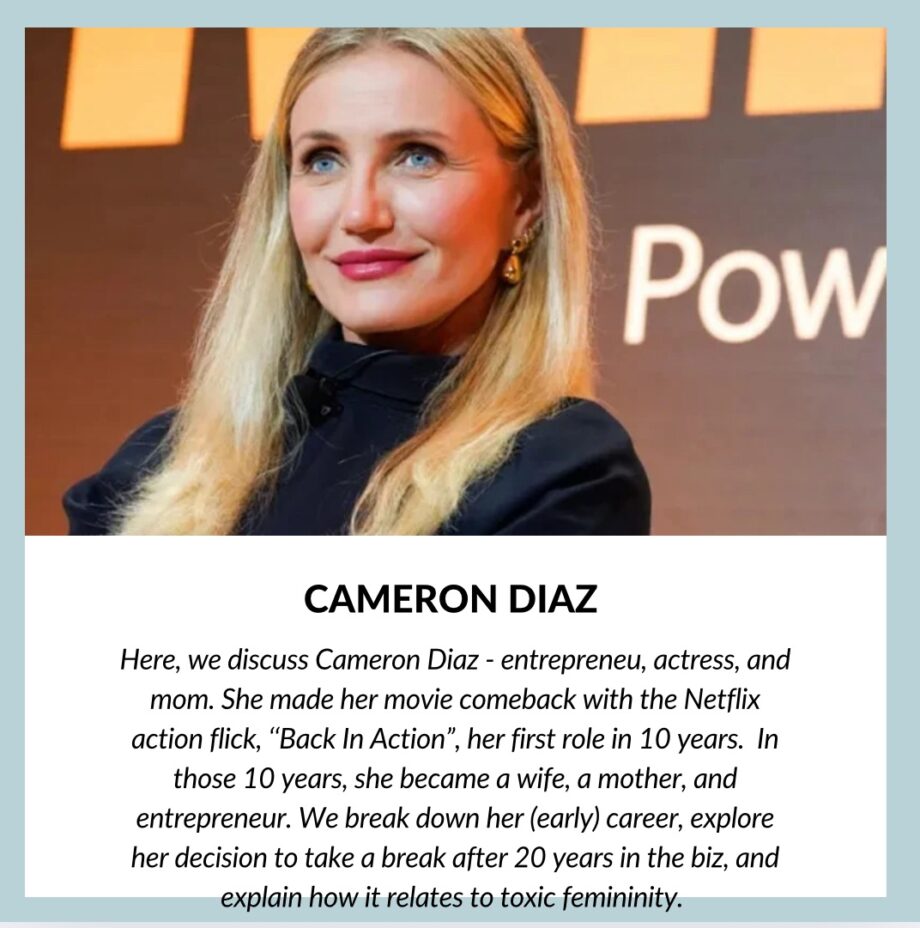


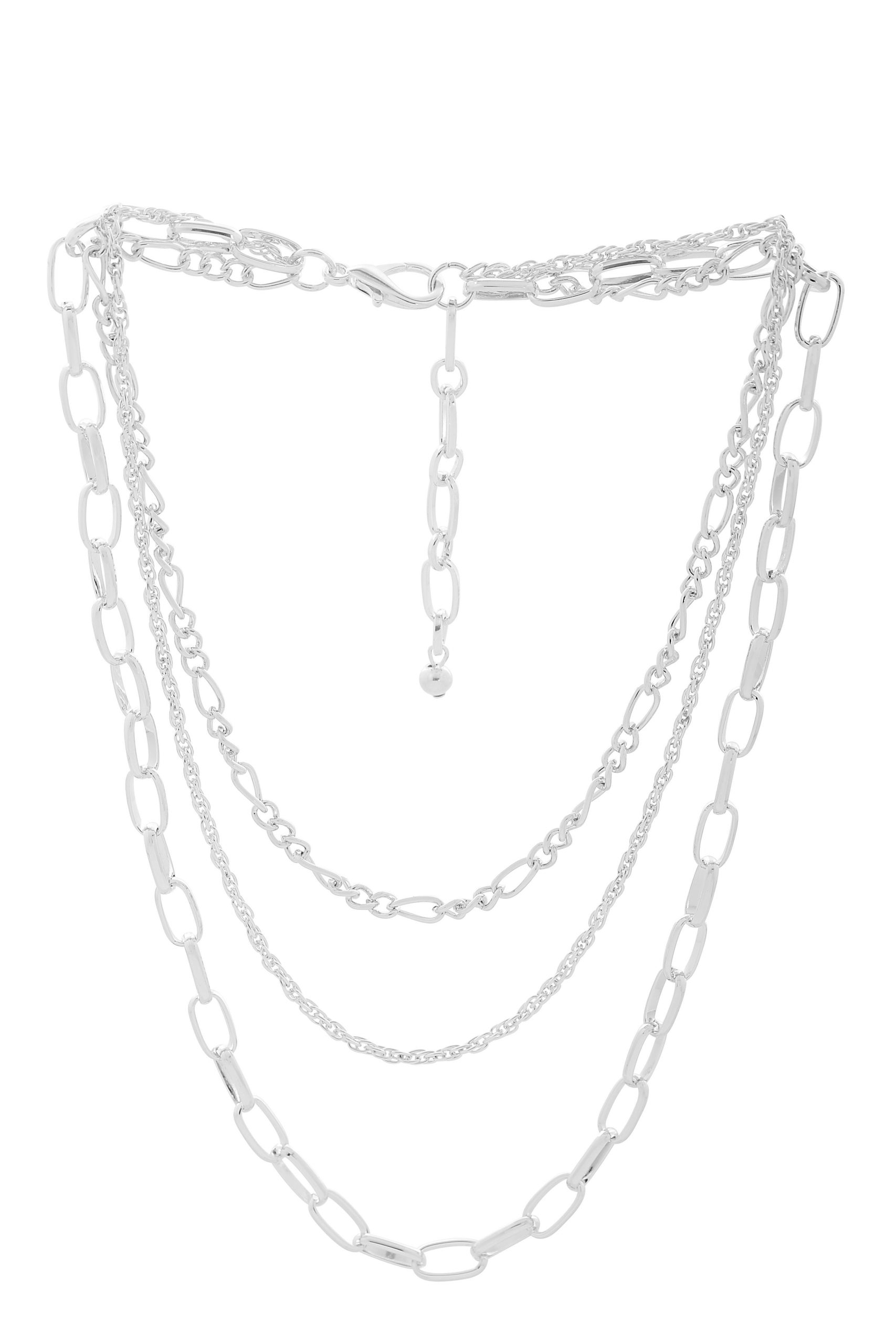

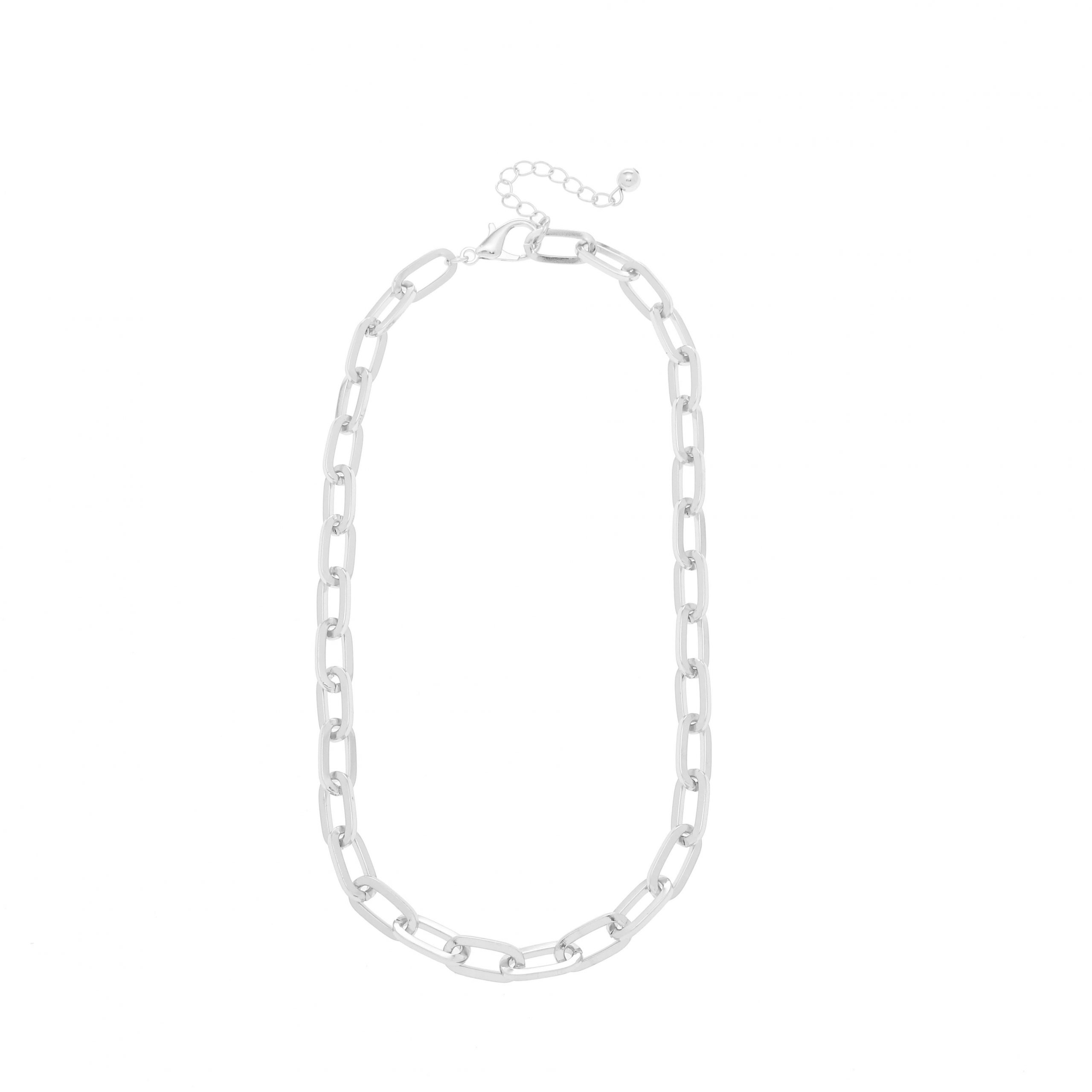

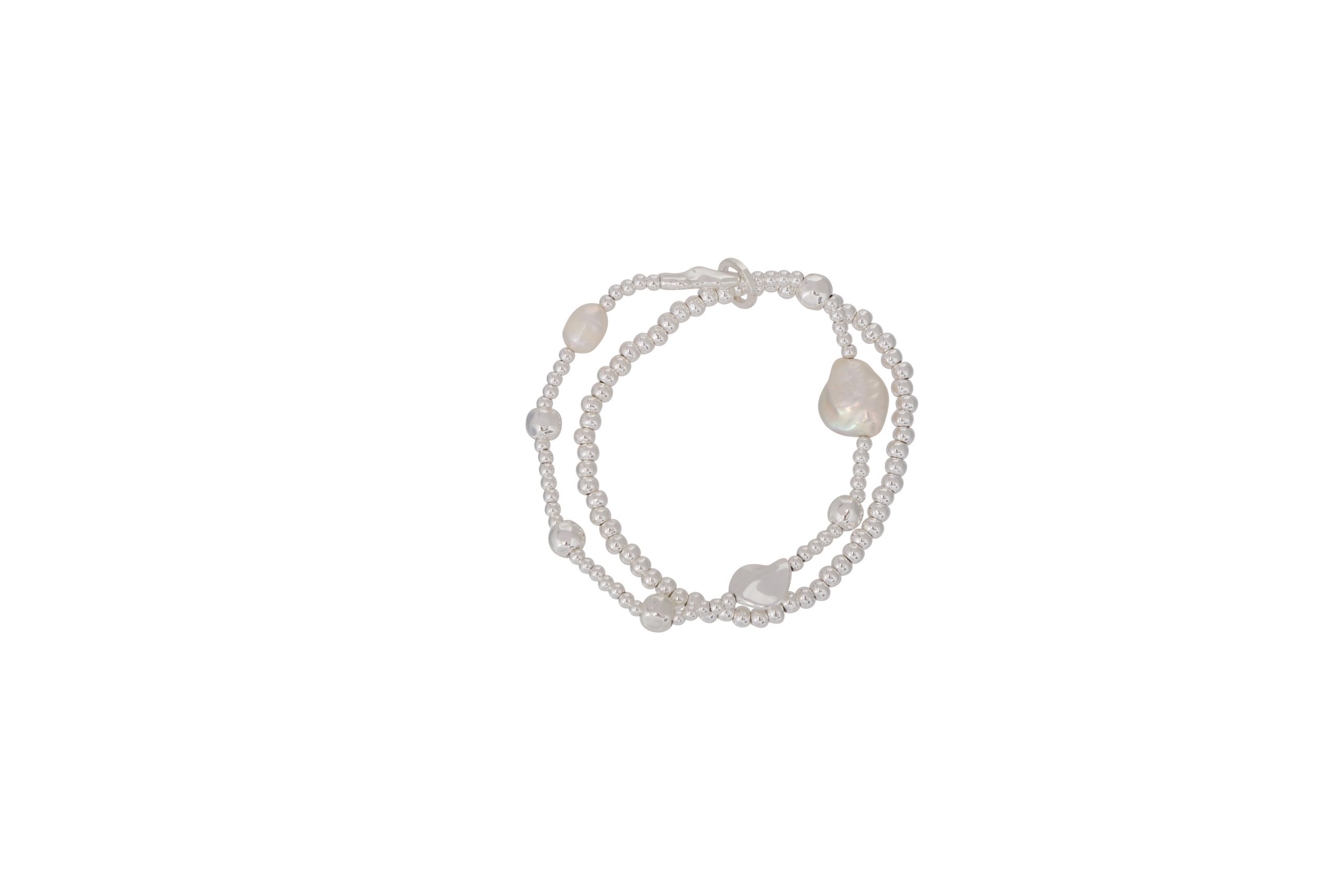

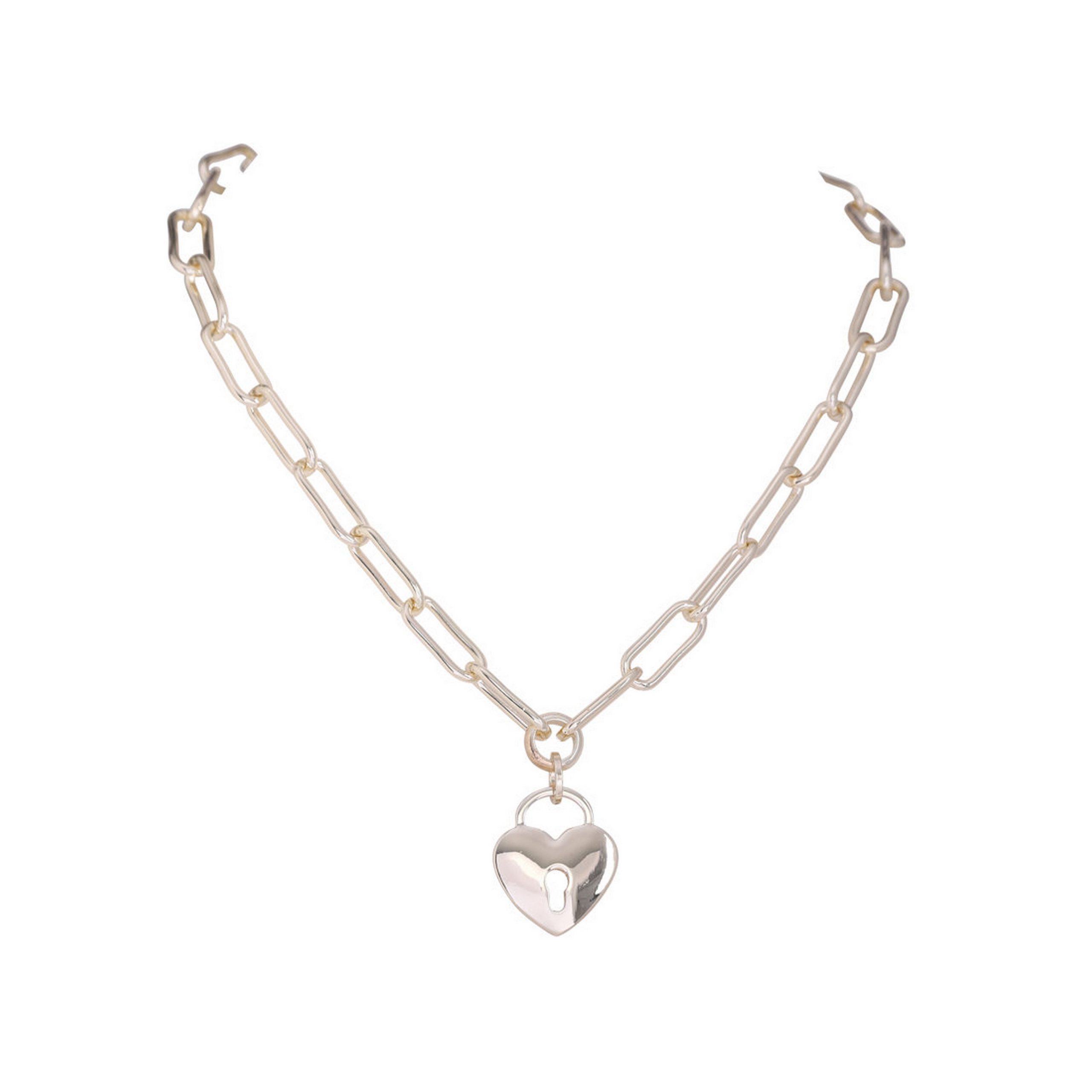
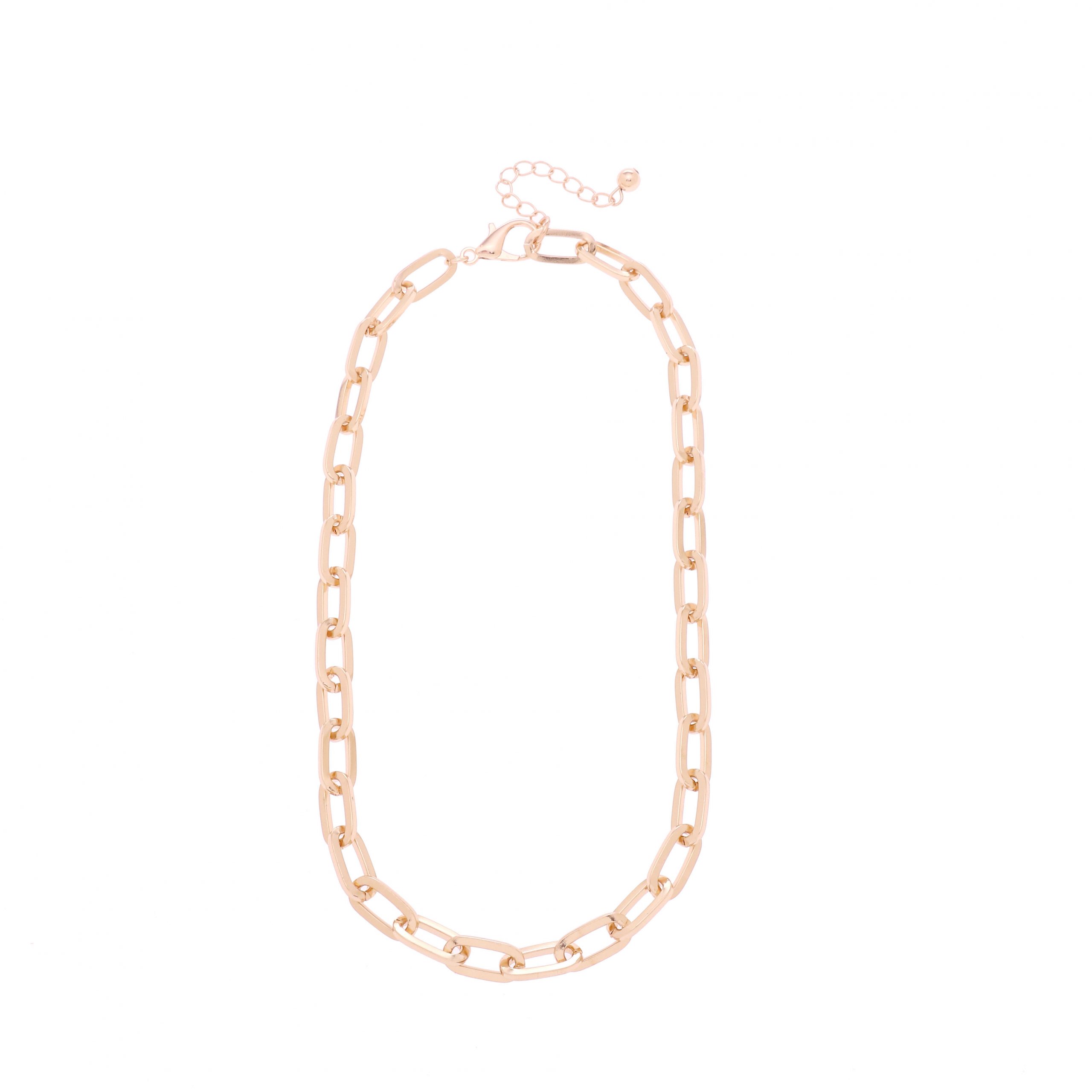
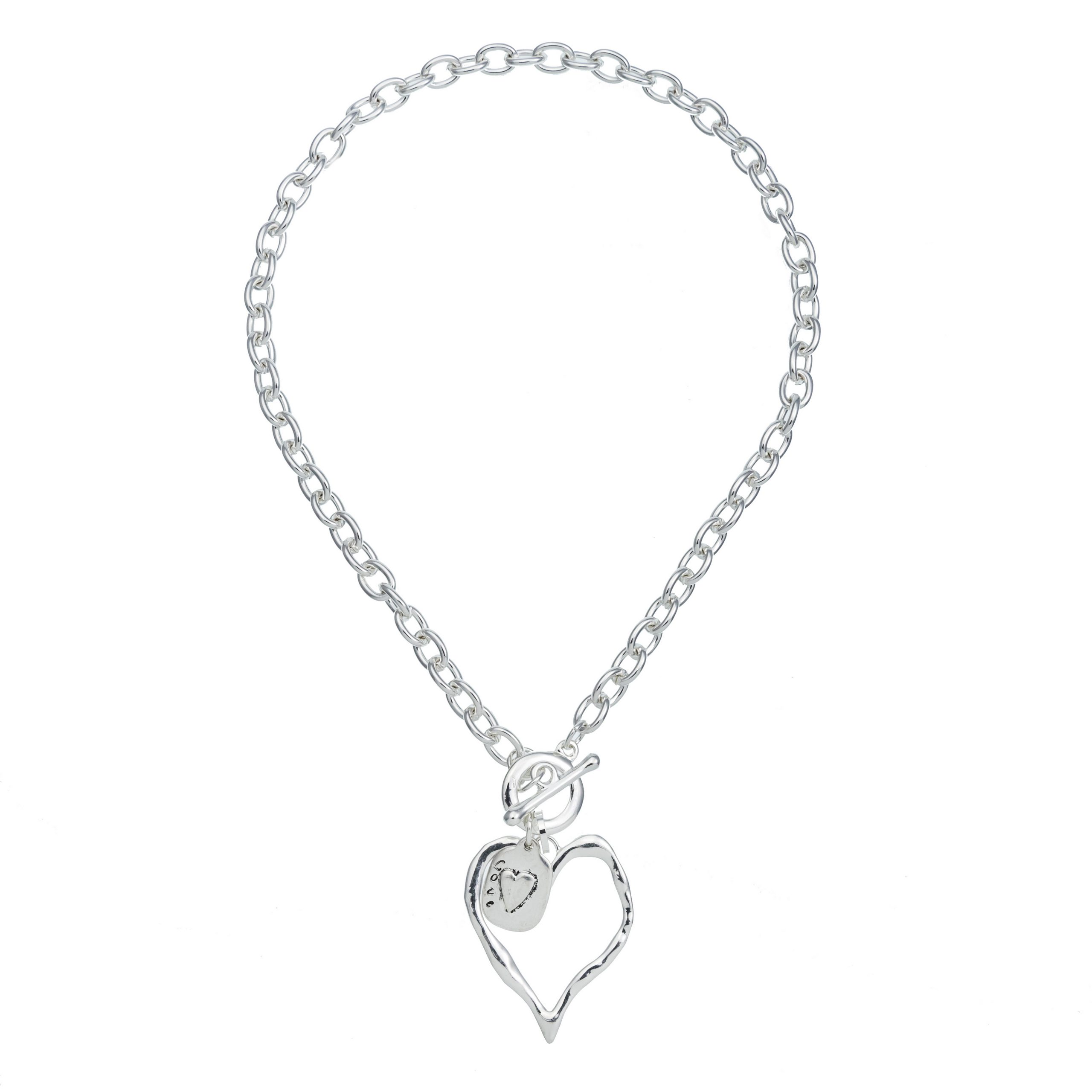
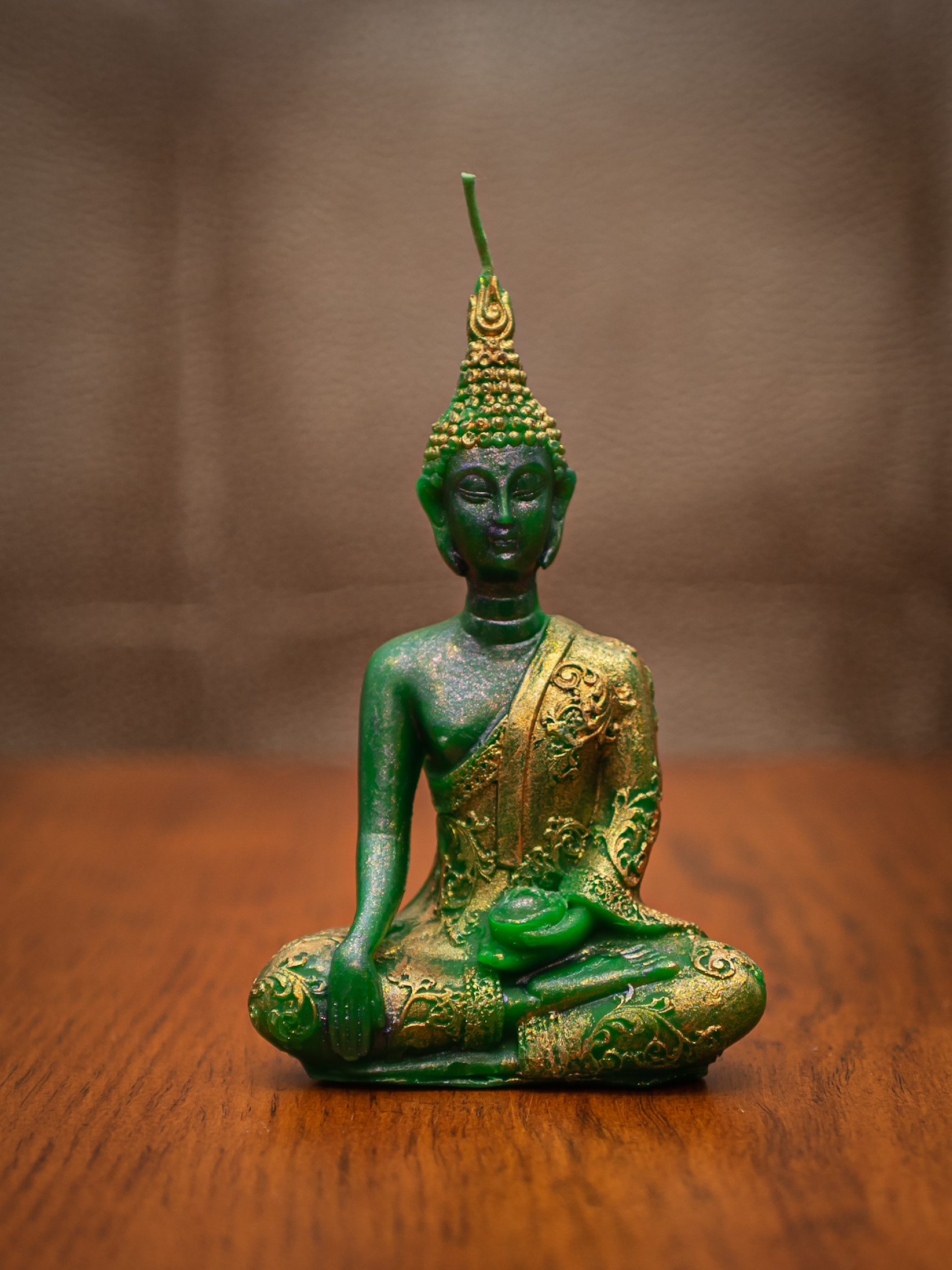
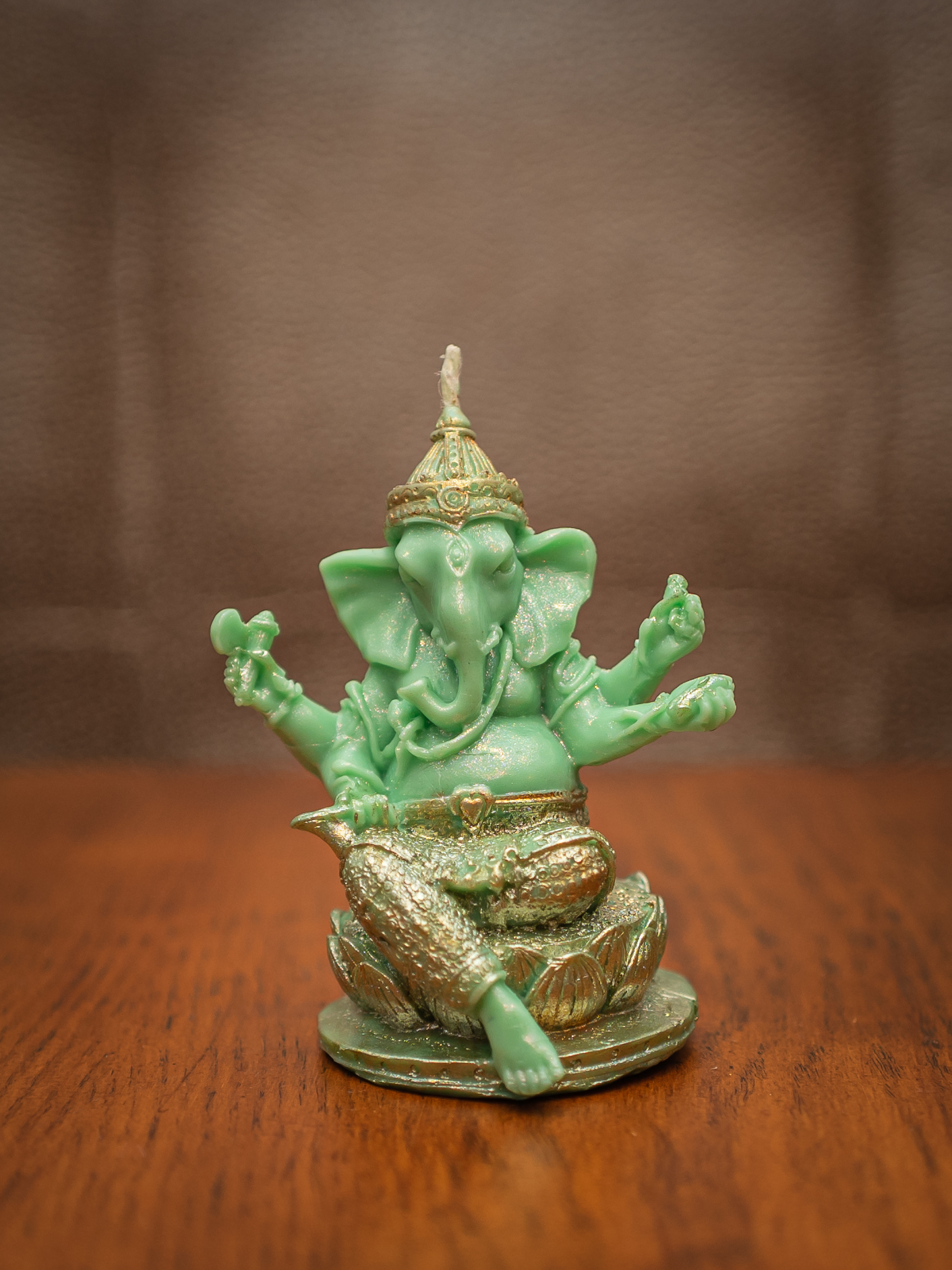
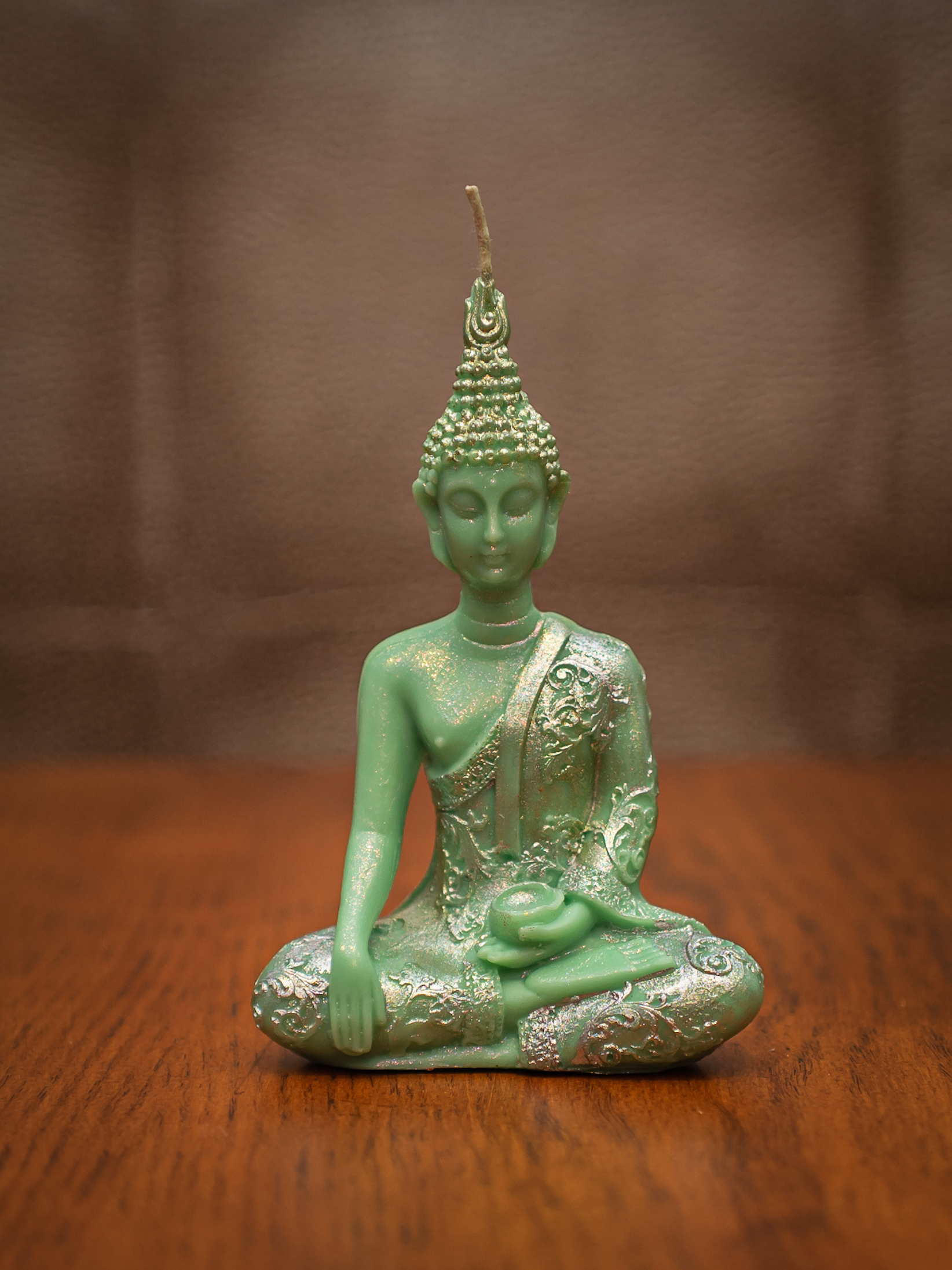
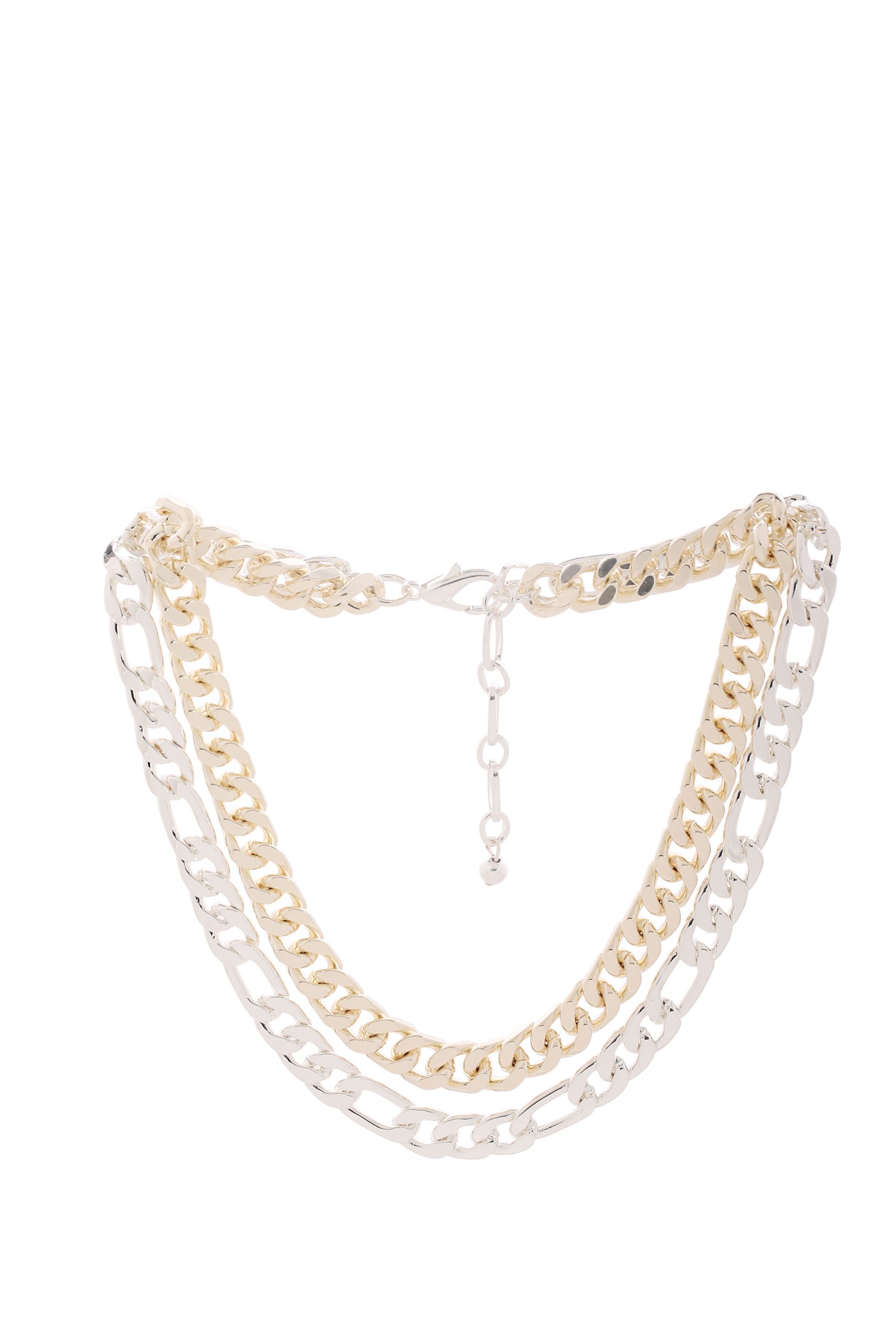
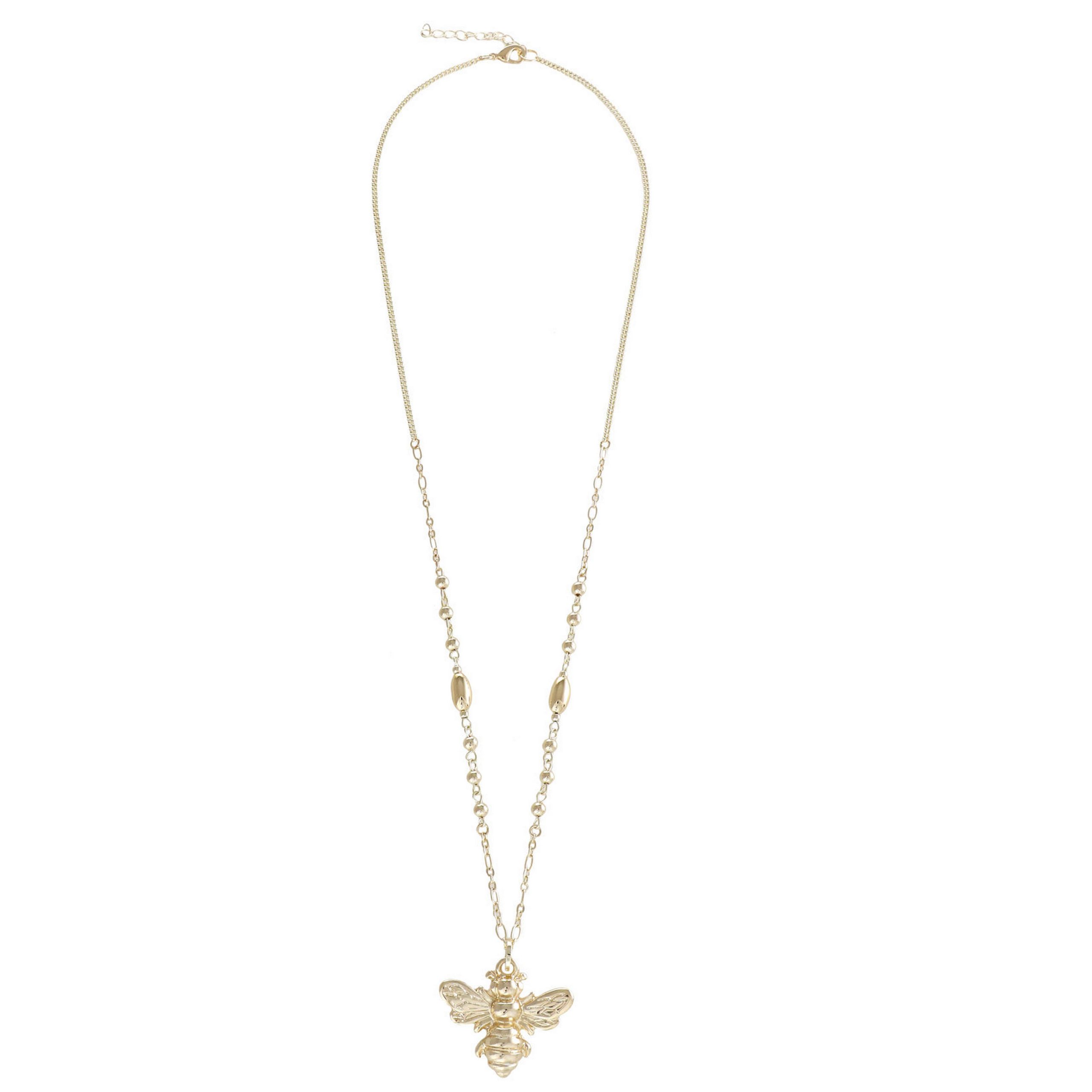



It’s always interesting when actors return after a long break. Shows that career paths don’t have to follow a single timeline.
Thanks for the post about Cameron Diaz. I remember that Chris Isaac kiss at the MTV awards. I was so thankful for Jim Carey and his return kiss to Chris. Un wanted advancements are completely wrong. Thanks for this reminder. It’s good to know there will be repercussions when someone advances like this now. When I grew up, it was ok, and devastating.
I was surprised to hear that Cameron Diaz is returning to the screen but love that she is coming back as I have also loved her in the movies and do miss seeing her. To be honest, she doe not look any older than she did when she started, so well done to her
Great actress with her own story of life and being in the acting business. She just released one new movie, which is fun.
Taking a break from acting and focusing on persona life is good idea. I have not watched the movie back in action. Wish her a good and fun return after 10 years.
This was a very interesting read. I’ve heard of toxic masculinity, but this is the first time I ever read about toxic femininity. Great article.
Cameron diaz omg…I had no idea…I love her but I didn’t know much about what she’s been through.
I was excited to hear that she made a return to acting, hope we see a lot more of her now her children are older.
I love Cameron Diaz and have since the 90’s. I find her inspirational and love that she had a new baby at 52…… go girl! I want to see her new movie on Netflix….. might do that next 😉
I know of this movie but I haven’t watched it yet, I plan to soon though! I love how she took the time and prioritized herself and her needs.. that can be inspirational for anyone
I love Cameron Diaz as an actress, and I have her books. She was a role model for me. Thank you for the detailed article about Cameron Diaz.
i don’t read gossip rags but i’m glad to hear she is doing better and returning to acting. do you have any other favorite “older” actresses?